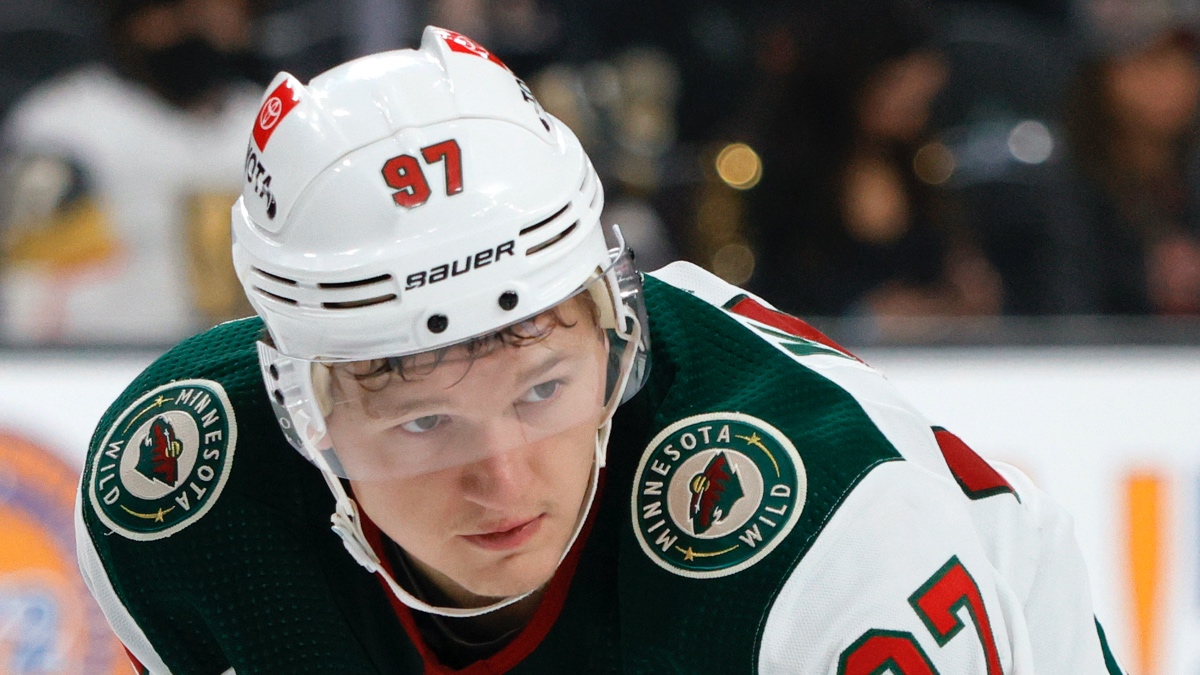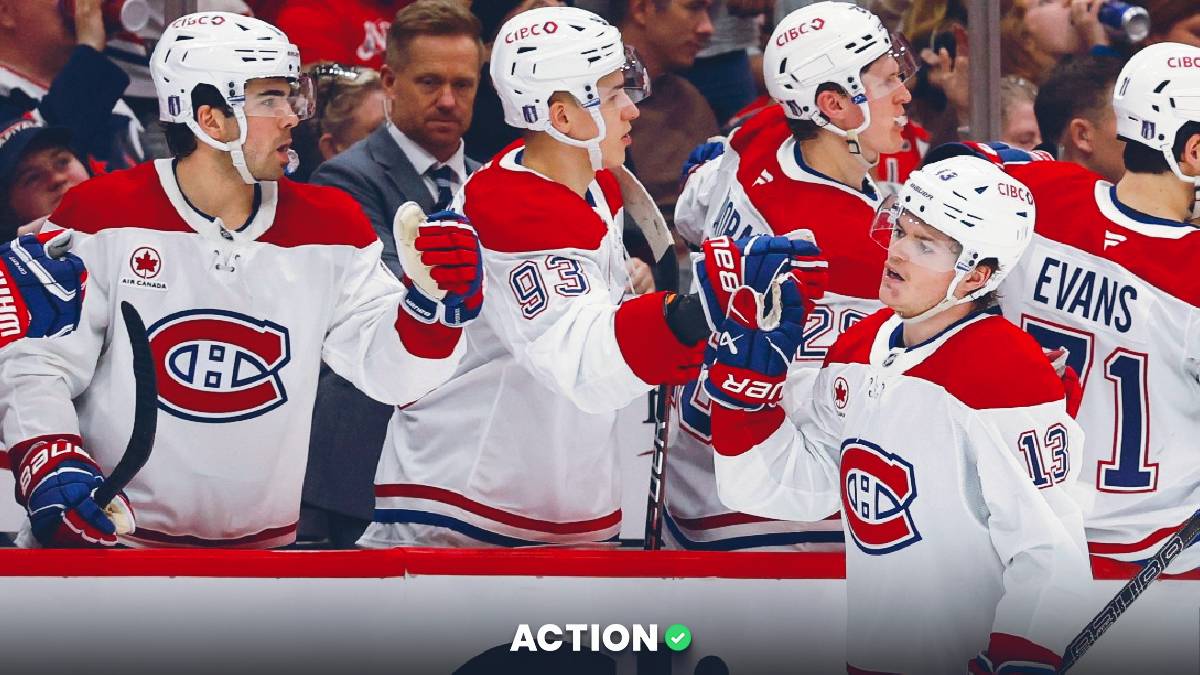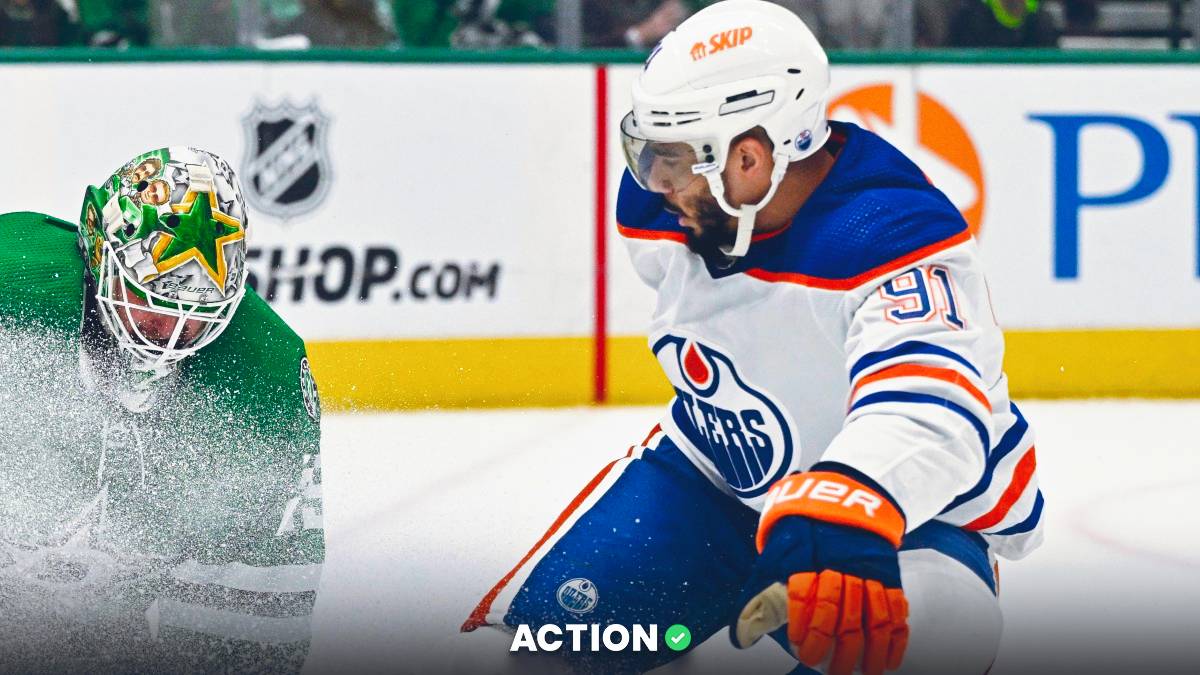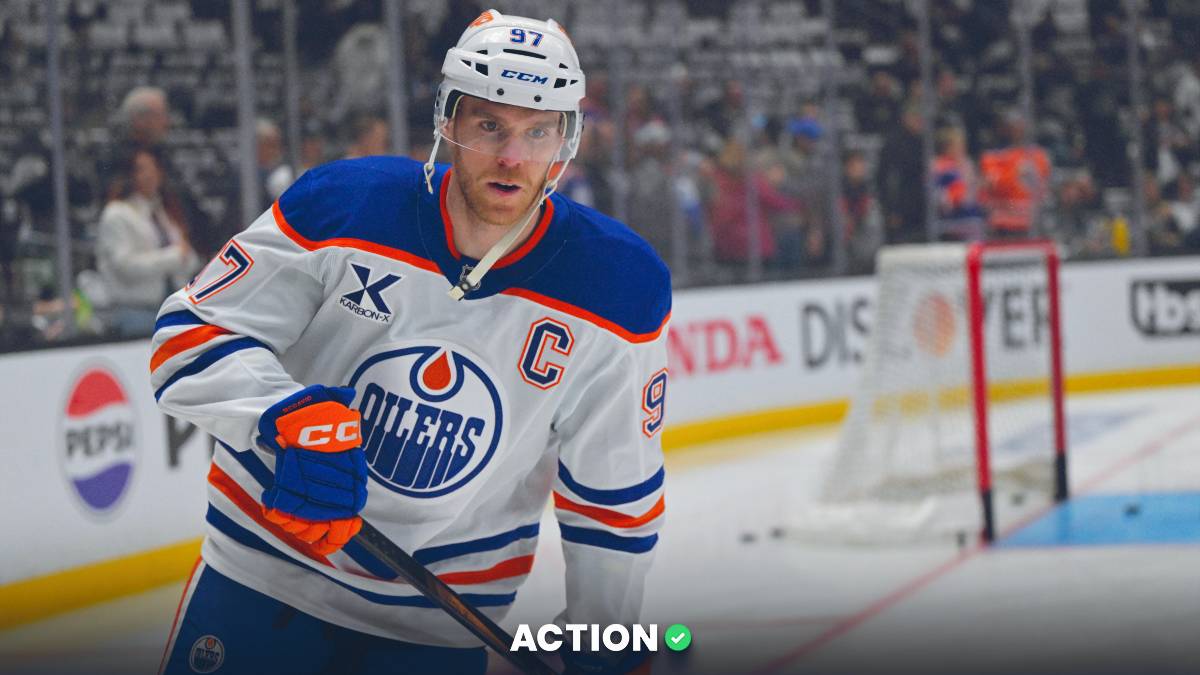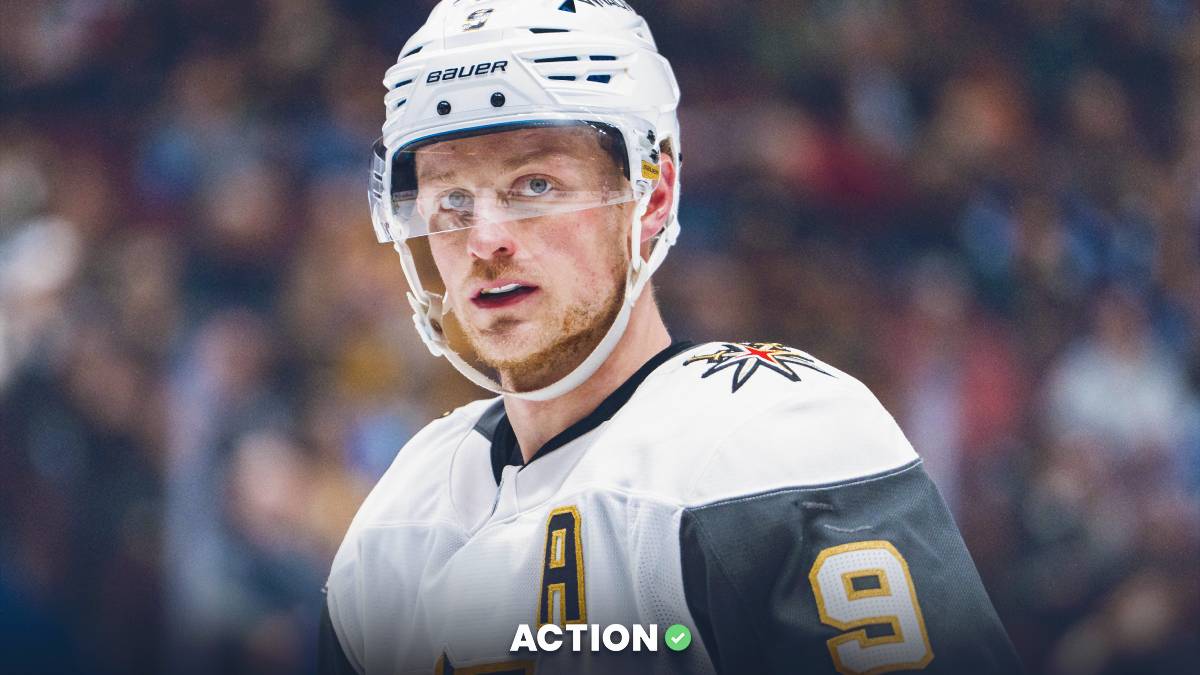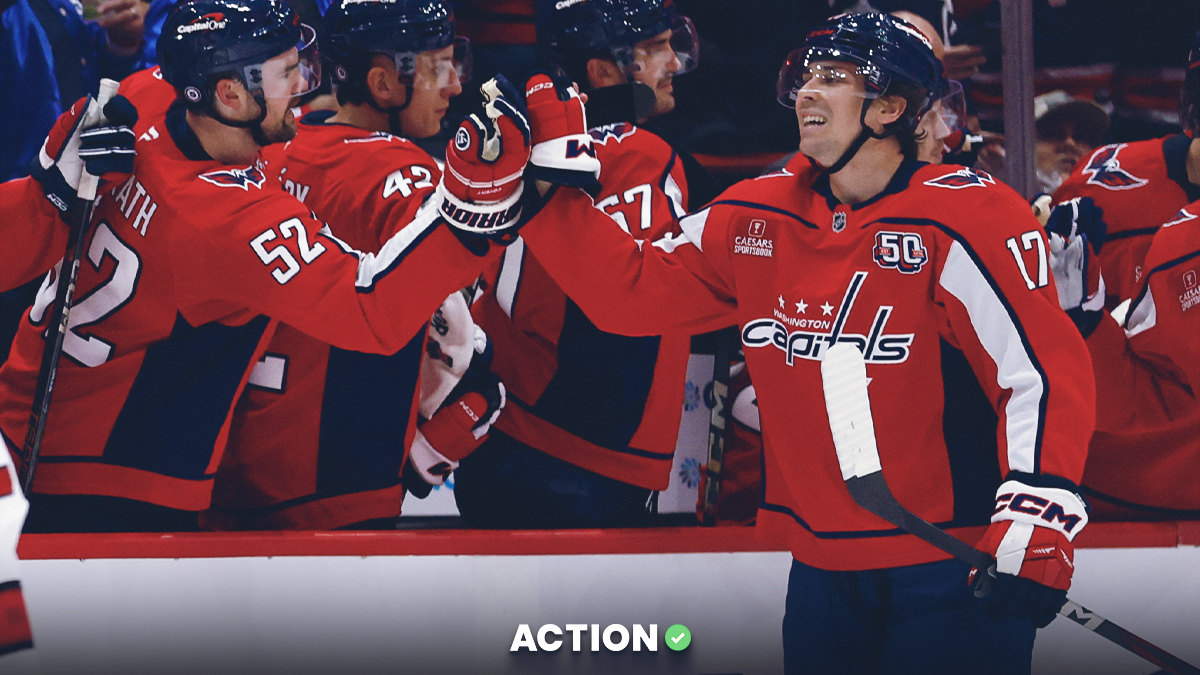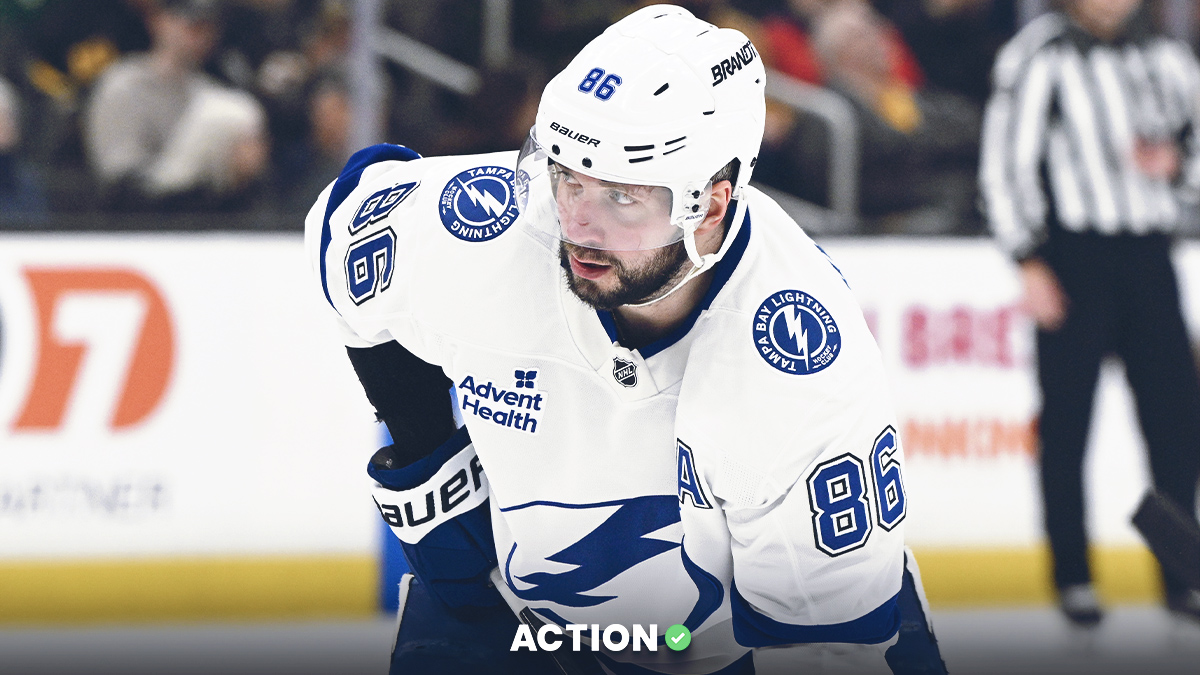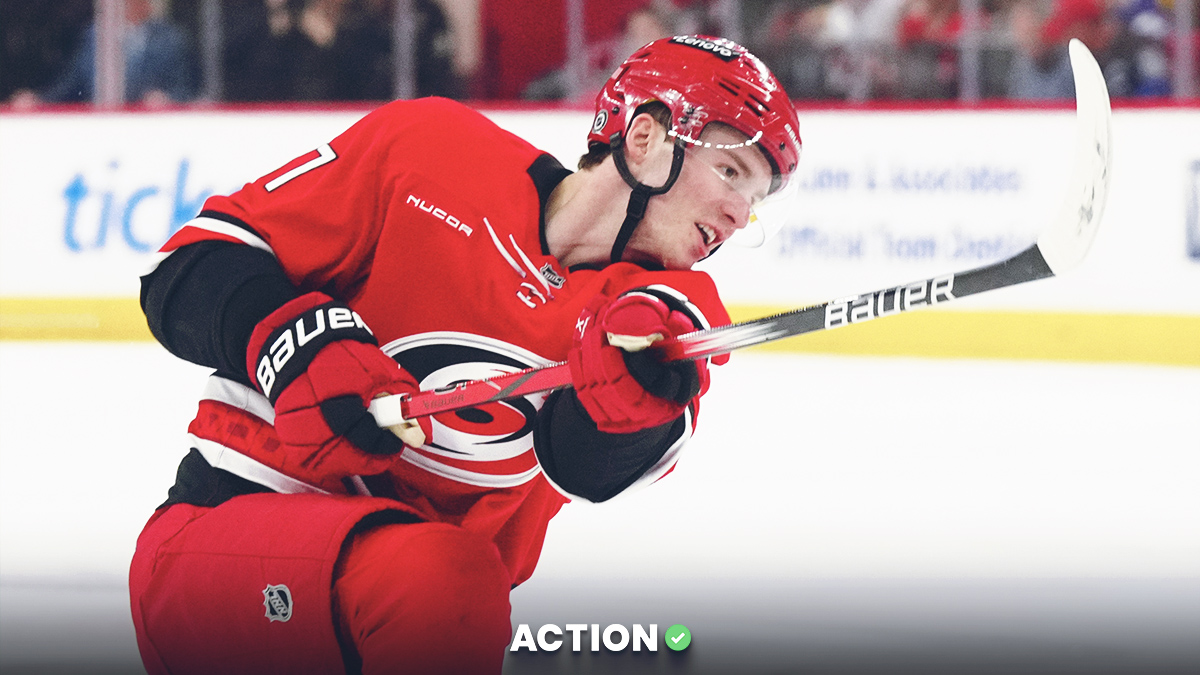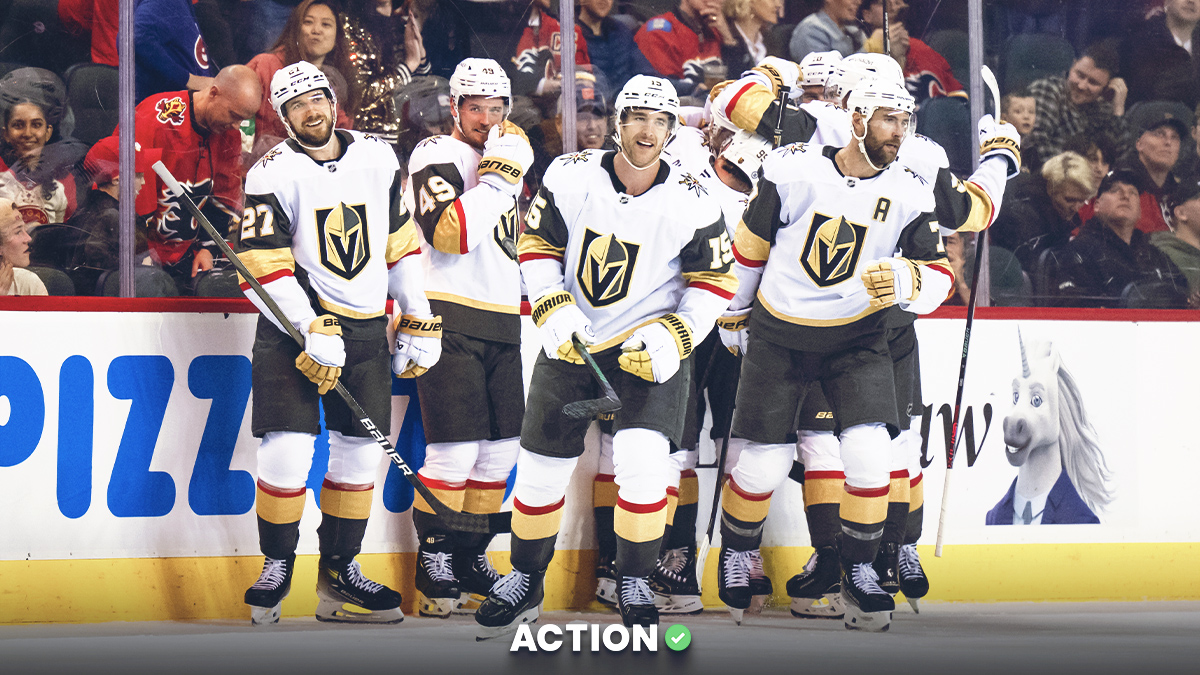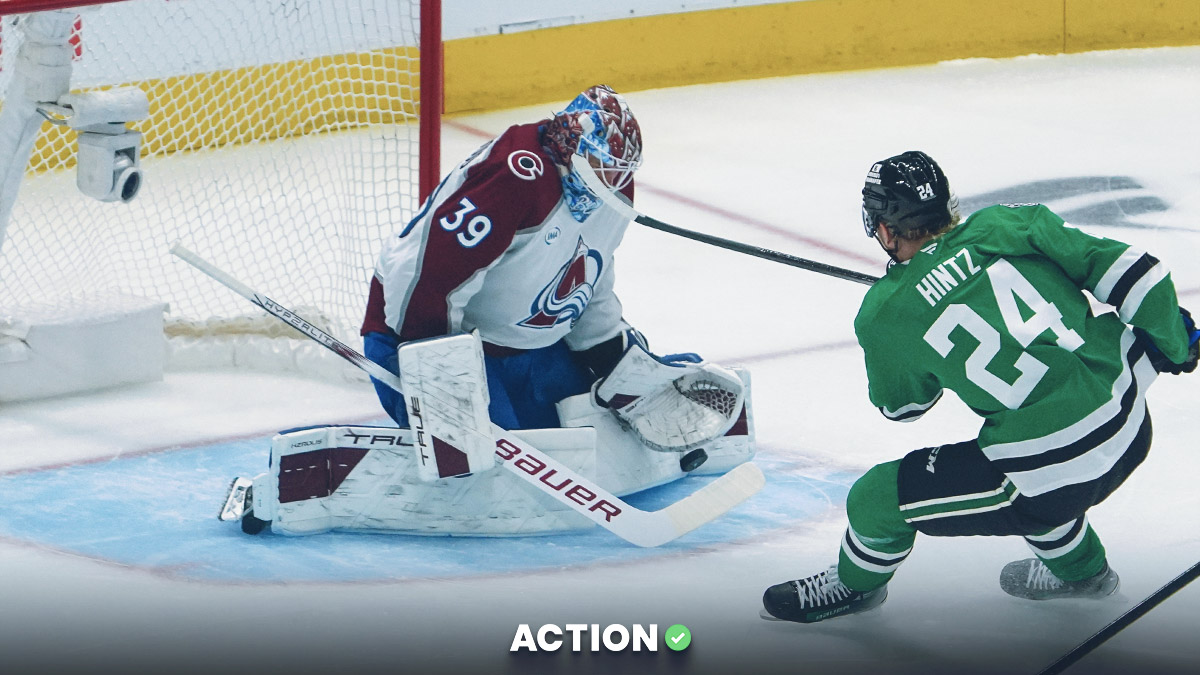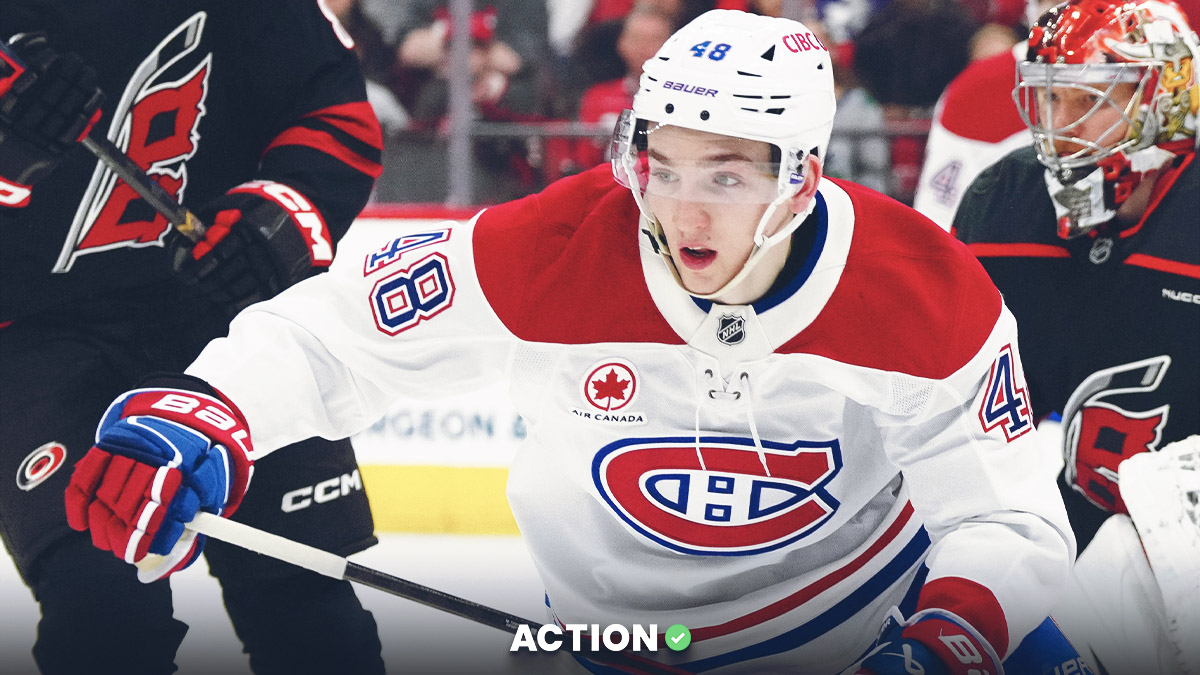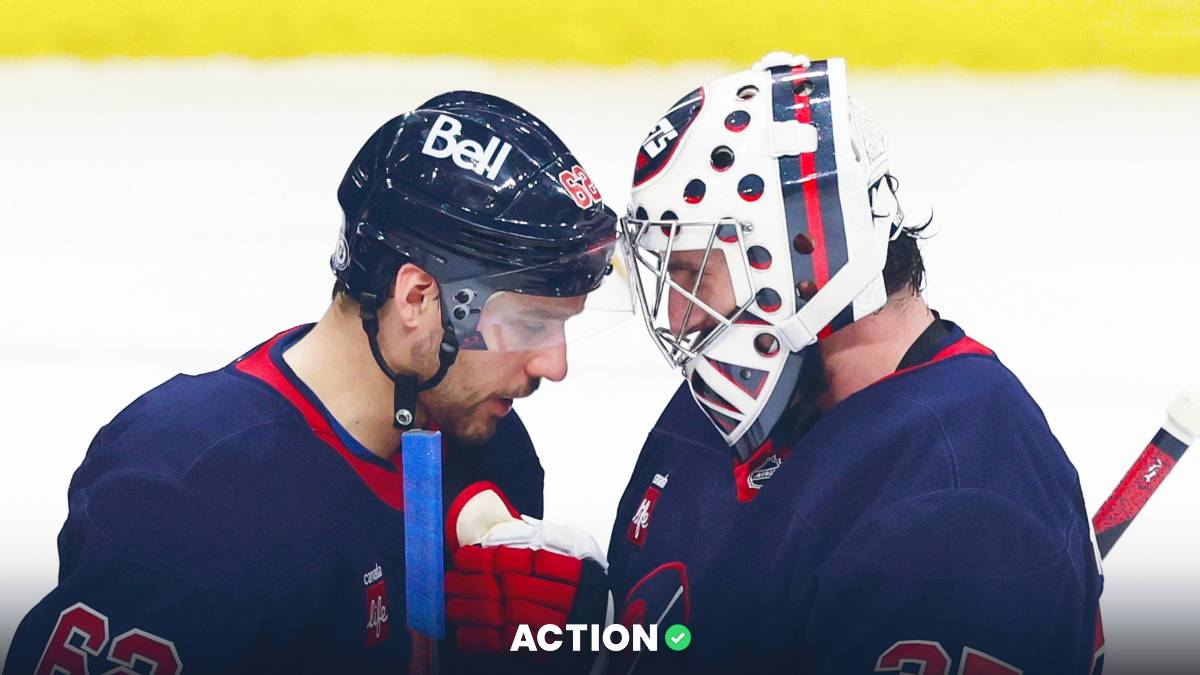I don't know if these pools have a universal name across sports, but the concept is simple — you pick a "fantasy team" before the postseason, and those players accumulate points until they're eliminated. It works for just about any sport with a bracket-style postseason, and it's always been popular in hockey.
There are a few different ways to run a pool like this:
- Snake draft, where only one version of each player is owned. This will typically be amongst friends, with a max of 8-10 entries, or else you'll quickly run out of players and goalies.
- Mass-entry. Everyone can pick the same players, so you'll end up with most of the pool owning Auston Matthews and Nathan MacKinnon. These pools will be bigger, and you need to differentiate yourself.
We'll be focusing on No. 2. It's the format our friends at MoneyPuck are using, though many of these principles apply to No. 1 as well.
Last year, I finished 17th of 613 entries by passing on many of the league's best players and teams.
Here's the format:
- Pick three forwards and two defensemen from each conference.
- Get 1 point for a goal, expected goal, or primary assist, and 0.5 points for a secondary assist.
These playoff elimination fantasy pools offer an extra level of strategic thinking because you must balance picking players who will put up points and advance so that they can continue scoring. You can't score if you're not playing.
So how do you win a pool like this? You want to treat your roster construction like DFS and get leverage over the rest of the pool.
And that means you want to get a little weird. Here are some strategies to help your team stand out, and the team I'm entering at the bottom.
1. If You're Not First, You're Last
The goal of these pools is to win, or come very close to winning. Placing 45th of 650 is the same as finishing last. MoneyPuck's pool is free to enter and giving a $100 gift card to first, so all the spoils quite literally go to the victor, but most prize pools are heavily concentrated at the top even if the top few spots get money.
This concept will inform the rest of my strategy, which I believe will increase your chances of winning, but also increase your chances of coming in last — but again, it doesn't matter if you finish last!It pays the same as second!
If you planned to take all three of McDavid, Matthews and MacKinnon, you'll probably finish in the top 20%, but not near the top, and you can stop reading.
2. Pick Two Teams
In MoneyPuck's pool, you pick three forwards and two defensemen from each conference. I'll be heavily concentrating my entry heavily around two teams.
Why? In a pool with 600+ entries, you can't split the baby. You're going to need to have a handful of players from both Stanley Cup finalists to win. Every round your players advance, their expected points scored go up significantly.
Even the best players in the world in 12 games will have a very hard time outscoring a slightly lesser player who plays 26 games (though MacKinnon almost did it last year when the Avs routed the Blues in Round 1).
If I nail the Stanley Cup finalists, I'll have a good chance to win. Those extra games are so valuable.
But what if I pick the wrong teams and they got knocked out in the first round? Shouldn't I split it up?
No. Splitting it up will help you finish in the top half of the pool, or maybe the top 20%. But it won't help you win. It may slightly increase the entertainment value you derive from this pool. But it won't help you win.
Picking teams will also help your players put up points together — known in DFS as stacking. When Nikita Kucherov scores on the powerplay, it's likely Victor Hedman and/or Steven Stamkos are involved. That's increasing your upside should the Lightning go deep in the playoffs. Because to go deep, they need their best players to score.
If you're in a pool where you have lots of players or need to pick multiple teams, make sure you're splitting it up so most of your players won't meet until at least the conference finals. That gives you a max of 21 possible games for everyone.
3. Get Leverage on the Field
We don't have historical data on ownership in these types of pools because they're quite niche, but MoneyPuck posted the percentages of the top players, and total percentages by team on Instagram.
Cale Makar is owned by an absurd 84% of entries. So that's an easy fade. So are his Colorado teammates.
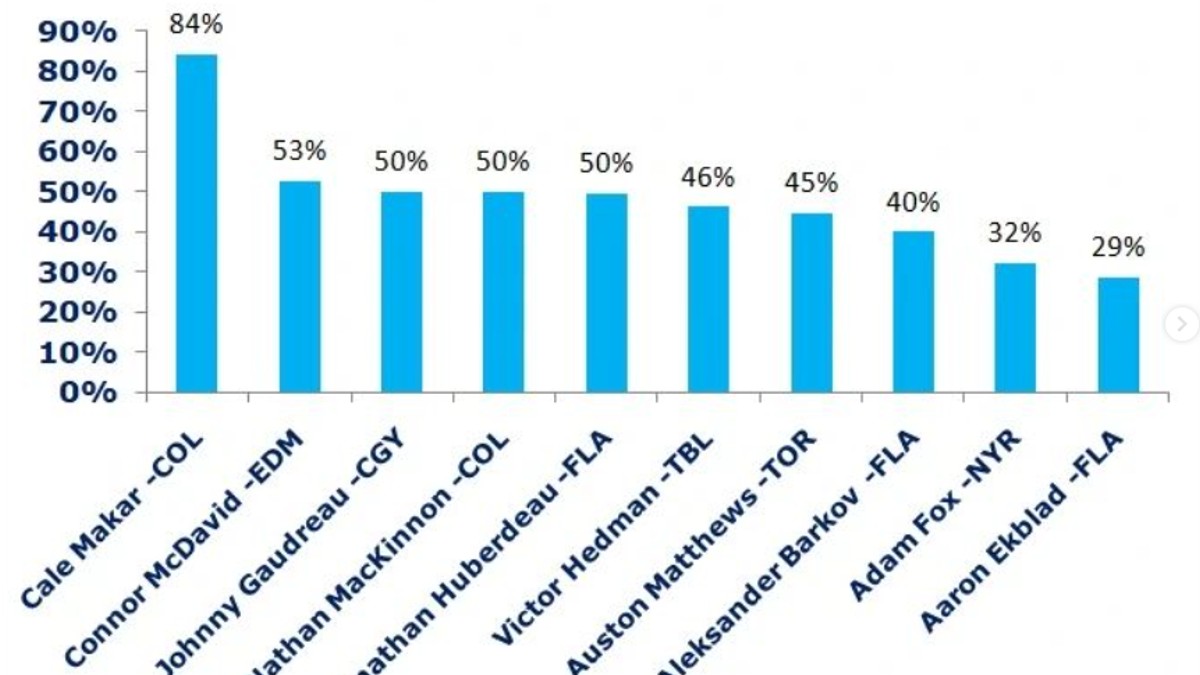
As for teams, I'm surprised at how high the Rangers are here, and how low Boston and Carolina are. Calgary is also half-as-owned as Colorado.
In this format, I'm fine avoiding the Atlantic because it's going to be a crapshoot picking the winner. I'd rather take a stab at the softer Metro.
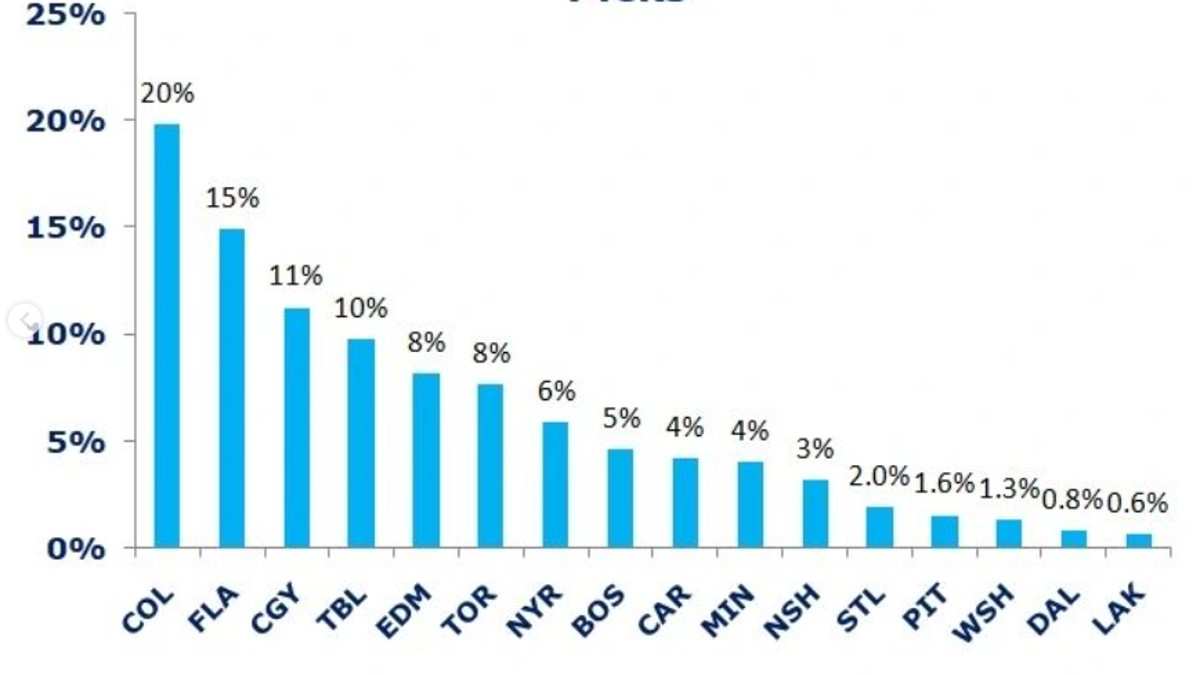
To gain leverage, we're going to fade the highest-owned players, and parlay your own team's success with the failures of others.
Here's a real example of leverage: The gap between Minnesota's chances to win the Cup and Colorado's is much smaller than the ownership between Makar and Kirill Kaprizov. So if you're taking Kaprizov, you're gaining leverage.
If you take Minnesota, you're banking on the Wild beating the Blues, then beating the Avalanche, which would effectively eliminate any entries who went heavy on the Avs (which is pretty much everyone).
You don't want to take the worst teams just to do it, so don't feel like you need to load up on Nashville and Washington. You often want to take the least popular teams and players that have a chance.
4. Find High-Usage Players & Lines
The best part about rostering Connor McDavid is that he never comes off the ice on the powerplay. If Edmonton scores at 5 on 4, he's probably involved.
But the flaw in Edmonton's setup is that he and Leon Draisaitl don't play together at 5 on 5. You're eliminating some of your upside if you pair those two because their performance isn't as correlated as it could be.
Boston and Colorado have typically played their best players together at even strength and the powerplay, though that's changed a bit in recent months due to injuries. Calgary's top line played together in most situations, while Minnesota's got a lot of time together, too.
5. Add Goalies to Your Stack
If your pool features goalies, you'll want to pair your tender with your offense. When your offense is scoring, it means your goalie is winning, and advancing so he can win more games.
The Boston or Carolina goalies and Minnesota goalies would be the most interesting plays for me in goalie pools.
6. My Team
Hopefully points 1-5 were compelling enough that you now trust my line of thinking, even if you don't trust me. Which is fair.
Again, this is a big pool. You may not have to get so contrarian in yours if it's 20 entries.
In any pool, it probably makes sense to fade Colorado. In smaller pools, I think Calgary while going contrarian in the Eastern Conference is a fine option. Or if you want to go Florida in the East, take a team like Minnesota in the West.
Here are the guys I'm using in MoneyPuck's pool.
Eastern Conference
- Forward 1: Brad Marchand (BOS)
- Forward 2: Patrice Bergeron (BOS)
- Forward 3: David Pastrnak (BOS)
- Defenseman 1: Charlie McAvoy (BOS)
- Defenseman 2: Mackenzie Weegar (FLA)
I chose between Carolina and Boston here. I don't want to try to flip a three-way coin to decide who will emerge from the much-tougher Atlantic Division — the winner of Boston-Carolina should be favored in the second round against the Rangers or Penguins and have a good shot to get to the ECF.
I did want to pivot off Boston for a second defenseman, since there's not a second one with much scoring upside. Florida's Aaron Ekblad and Tampa's Victor Hedman are absurdly high owned, per MoneyPuck's own data, so I went with Florida's second option in Mackenzie Weegar.
I didn't want anyone in the Metro, since that player would max out at two series if Boston wins that portion of the bracket.
Western Conference
- Forward 1: Kirill Kaprizov (MIN)
- Forward 2: Ryan Hartman (MIN)
- Forward 3: Mats Zuccarello (MIN)
- Defenseman 1: Jared Spurgeon (MIN)
- Defenseman 2: Noah Hanifin (CGY)
My heart and wallet lies with Calgary this postseason thanks to colleague Michael Leboff's preseason premonition, but I'm going ultra-contrarian with the Wild in this pool.
I also considered St. Louis. If you're going contrarian, either of these teams will work. My entire strategy hinges on Colorado getting upset by one of these two teams in the second round to eliminate so much of the pool, so it just comes down to if you like Minnesota or St. Louis better. If Colorado wins, you're toast anyway.
Public models love the Wild, including MoneyPuck's, which makes the Wild the third-favorite to win the Cup. I'm not that bullish, but I believe the gap between them and Colorado is smaller than people believe. Minnesota can roll four lines, and the first one is pretty darn good. They'll have the best player in Kaprizov in their opening series.
Zuccarello is banged up but the team is optimistic he'll be ready for the postseason.
Like in the East, I pivoted off the last defenseman, opting for Calgary's Hanifin. I didn't want to take anyone who would face Minnesota in the first or second round. Hanifin sees powerplay time and can score.
Good luck! And remember, don't be afraid to finish last. I probably will after nearly winning last year.


